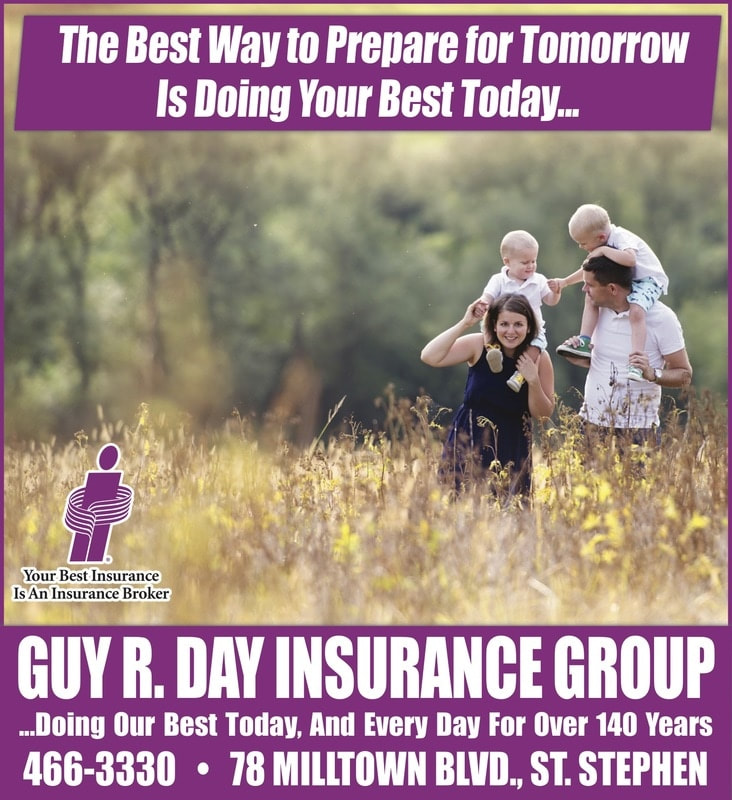Natural disasters are hitting Canadians with increasing frequency and severity. Understand them and plan ahead.
Regardless of the disaster you're preparing for, you should have a family emergency plan that includes escape routes from your home and community. Choose a place for your family to meet when they're safe. You should also have a disaster safety kit that should be able to sustain everyone for at least 72 hours.
Emergency KitYour emergency kit should include:
|
|
Earthquake
Earthquake What to do during an earthquake?
- Drop, take cover, and hold on. Find cover under solid furniture. Avoid doorways or windows;
- If you're indoors, stay indoors;
- If you're outdoors, stay away from buildings and wires;
- Avoid elevators. If you're stuck in the elevator, hit all of the floor buttons and get out as soon as possible;
- If you're in a vehicle, get away from buildings, bridges, or overpasses, pull over and park. Don't leave the vehicle;
- Remain protected through the initial quake and after shocks.
- Remain calm. If you can, help anyone in a life-threatening situation;
- Check and treat injuries as needed;
- Check your home for structural damage and other hazards. Secure it against thieves;
- If you are evacuating, bring your disaster kit;
- Don't shut off your utilities unless they are damaged. Don't light matches or turn on lights unless you're sure there are no gas leaks or flammable liquids in the area. Don't flush the toilet if you suspect that nearby sewer lines may be broken;
- Wear gloves, protective clothing, and sturdy shoes;
- be cautious of debris, particularly broken glass;
- Check on your neighbours;
- If you need assistance, place "HELP" signs in your home's windows;
- Turn on a battery-powered radio to listen for emergency broadcasts;
- Don't use your landline telephone or vehicle if you can avoid it;
- Stay at least 10 meters from any downed power lines;
- Avoid waterfront areas for risk of large waves and currents;
- Beware of landslides and flooding.
HailstormWhat to do in a hailstorm?
|
Hurricanes
What to do during a hurricane?
- Stay indoors and away from windows, glass doors, and skylights;
- If it looks like you're house will flood, turn off your electricity at the main breaker;
- Stay in a safe place even after the eye of the storm has passed;
- Turn on a battery-powered radio to listen for emergency broadcasts;
- If there is lightning, do not use a landline telephone;
- If you're on a farm, it might be better to leave livestock unsheltered as some shelters can't withstand the winds.
- If you were asked to evacuate, don't return until the authorities permit it;
- Drive only if necessary and avoid flooded roads and washed out bridges;
- Keep away from loose or dangling power lines;
- Use flashlights, not candles, as a light source;
- Avoid using tap water until you're sure it's not contaminated.
Ice Storm
What to do during an ice storm?
- If you're indoors, stay aware from doors, windows, or fireplaces;
- If you're asked to evacuate, evacuate. Take your disaster kit with you;
- Use a cell phone or cordless cellphone if you need to call;
- If you're in a car, pull over and park away from power lines or trees;
- Close off unneeded rooms to keep heat isolated;
- If using a generator, use it in an open area at least 5 feet from your home.What to do during a hurricane?
- Stay indoors and away from windows, glass doors, and skylights;
- If it looks like you're house will flood, turn off your electricity at the main breaker;
- Stay in a safe place even after the eye of the storm has passed;
- Turn on a battery-powered radio to listen for emergency broadcasts;
- If there is lightning, do not use a landline telephone;
- If you're on a farm, it might be better to leave livestock unsheltered as some shelters can't withstand the winds.
Lightning Storms
What to do during a lightning storm?
- When thunder roars, go indoors;
- If you see lightning, start counting to 30. If you hear thunder before you reach 30, go indoors. Wait 30 minutes from the last thunder clap before going back outside;
- If there is no available shelter, crouch low with as little of your body touching the ground as possible;
- Stay away from concrete floors or walls;
- Avoid water, electronics, and corded phones;
- If you're in a vehicle, stay in it with the windows up and the doors closed. Keep the radio turned off;
- Bring your pets inside.
- If something or someone is struck by lightning, it won't carry a charge after the strike and can't hurt you. Take care of their injuries;
- Drive only if necessary and avoid flooded roads and washed out bridges;
- Keep away from loose or dangling power lines;
- Watch your animals closely as many are scared of storms.
Tornadoes
What to do during a tornado?
- Take shelter in the lowest level of the building, preferably a basement;
- If there is no basement, take cover under heavy furniture;
- Do not use elevators;
- Stay indoors and away from windows, glass doors, and skylights;
- If you're in a large building, consider evacuating. Large buildings with wide-span roofs can collapse;
- Avoid being in cars or mobile homes as they high risk places.
- Keep away from loose or dangling power lines;
- Stay out of damaged buildings until it's been cleared as safe;
- If your home hasn't been damaged, keep children and pets inside;
- Use flashlights, not candles, as a light source;
- If you see or suspect any sign of damage to your home, shut off the electricity, natural gas, and propane tanks.
Navigation |
Connect With UsShare This Page |
Contact UsDay Insurance
78 Milltown Blvd. St. Stephen, New Brunswick E3L 1G6 (506) 466-3330 Click Here to Email Us |
Location |
Website by InsuranceSplash

